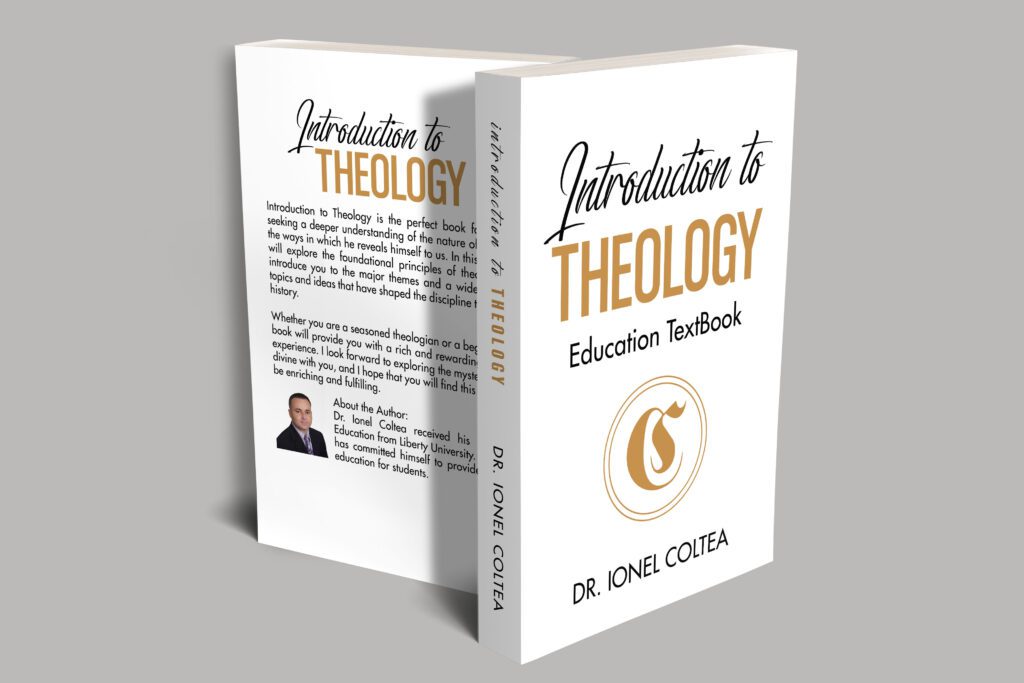Abstract:
This academic article delves into the profound theological implications of 1 Corinthians 6:19, a verse from the New Testament of the Bible. The verse invites believers to recognize the spiritual significance of their bodies as temples of the Holy Spirit. Through a comprehensive analysis of the verse’s historical context, textual interpretation, and theological significance, this article aims to shed light on the implications of 1 Corinthians 6:19 in shaping Christian understanding of the body, personal identity, and ethical conduct.
Introduction:
1 Corinthians 6:19 holds a central place in Christian theology, emphasizing the sacredness and purpose of the human body. This article explores the verse in its historical and theological context, seeking to unveil its significance for believers today. By examining the textual nuances and drawing upon biblical references, we can gain a deeper understanding of how 1 Corinthians 6:19 shapes our understanding of the body and informs our ethical framework.


Historical Context:
To fully grasp the intended meaning of 1 Corinthians 6:19, it is crucial to consider the historical and cultural context in which the Apostle Paul wrote this epistle. Corinth, a bustling city known for its cultural diversity and indulgent lifestyle, presented numerous challenges to the early Christian community. The verse was written to guide the Corinthian believers in living distinctively Christian lives amidst a morally complex environment.
Textual Analysis:
The verse itself states, “Or do you not know that your body is a temple of the Holy Spirit within you, whom you have from God? You are not your own” (1 Corinthians 6:19, ESV). This powerful declaration underscores the transformative truth that believers’ bodies house the Holy Spirit, who is received as a gift from God. The phrase “temple of the Holy Spirit” implies the indwelling presence of God within the believer, emphasizing the sacredness and consecration of the body.
Biblical References:
Several biblical references support and expand upon the theological significance of 1 Corinthians 6:19. In Romans 12:1, Paul urges believers to offer their bodies as living sacrifices, holy and pleasing to God, as an act of spiritual worship. Furthermore, Jesus himself emphasized the importance of the body when he taught about the sanctity of marriage and the avoidance of sexual immorality (Matthew 19:4-6; Mark 7:20-23).
Theological Significance:
1 Corinthians 6:19 has profound theological implications for Christian understanding of the body. It teaches that believers’ bodies are not their own but have been bought with a price (1 Corinthians 6:20). This truth highlights the responsibility to honor God with our bodies and to live in a manner that reflects the sanctifying work of the Holy Spirit within us. It also emphasizes the interconnectedness between our physical bodies and our spiritual lives.
Implications for Christian Ethics:
The recognition of the body as a temple of the Holy Spirit has far-reaching implications for Christian ethics. It calls believers to treat their bodies with respect, avoiding behaviors that defile or dishonor the sacredness of this dwelling place of God’s Spirit. This includes refraining from sexual immorality, practicing self-control, and pursuing holiness in all aspects of life. It also invites believers to consider how they care for and steward their physical well-being, recognizing the body’s integral role in serving and glorifying God.


Conclusion:
1 Corinthians 6:19 provides a profound theological framework for understanding the significance of the body in Christian thought and ethics. By recognizing our bodies as temples of the Holy Spirit, believers are called to honor God with their physical selves, cultivating lives of holiness and purity. This verse serves as a reminder of the inseparable connection between our physical bodies and our spiritual lives, inviting us to embrace a holistic approach to Christian living.
Check our academic programs here.






